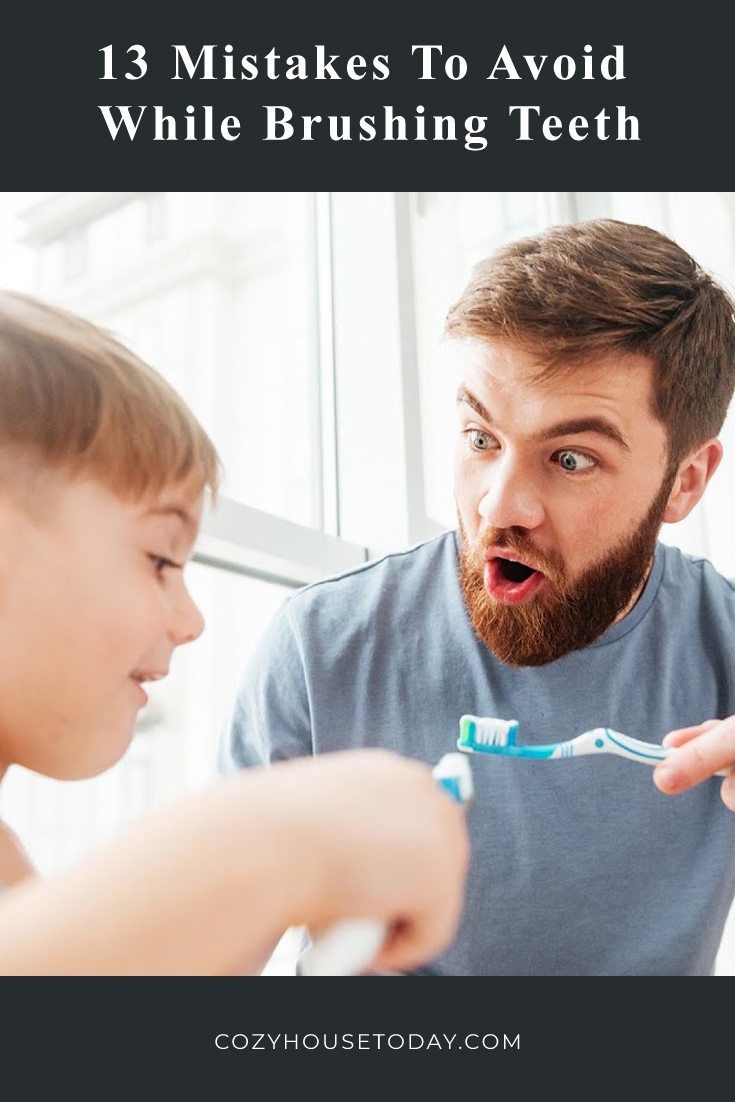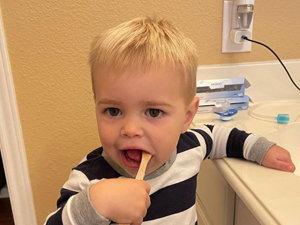 Brushing our teeth is an vital part of our daily life. Just as much as we take care of our bodies, we also have to take care of our mouths. However, there are quite a few mistakes we make when brushing teeth that can cause dental problems.
Brushing our teeth is an vital part of our daily life. Just as much as we take care of our bodies, we also have to take care of our mouths. However, there are quite a few mistakes we make when brushing teeth that can cause dental problems.
That said, here are 13 mistakes to avoid while brushing teeth.
Overbrushing
According to dentists, brushing your teeth too hard can damage your gums and cause the enamel of your teeth to wear down. The best way is to do it softly. Brushing your teeth is not an activity that requires vigorous effort. It’s not like scrubbing your kitchen sink. Plaque is not hard; therefore, over-brushing is unnecessary.
Brushing too frequently
Brushing your teeth too many times in a day is not good. It can wear down the enamel, and in any case, there are no prizes to be worn for having the cleanest teeth. Brushing too many times in a day can cause your gums to recede more quickly, which can lead to tooth decay. So be gentle with your teeth and brush just twice a day to lower the risk of damaging your teeth in the name of cleanliness.
Brushing quickly
There is nothing wrong with brushing your teeth quickly, but if you brush for less than a minute, then there is no way your teeth will be completely clean. Dentists recommend brushing for about 2 minutes as this is ample time to properly and thoroughly clean your teeth.
Brushing irregularly
Going a day without brushing your teeth is poor oral hygiene, and some people do it. However, not brushing your teeth every day is that you risk getting cavities and worse, tooth decay and gingivitis. So practice good oral hygiene for the sake of your teeth and brush twice a day.
Brushing improperly
Dentists recommend we brush our teeth in a circular motion and not just up and down. This way, you can remove food particles and bacteria trapped underneath the gum line.
Using a toothbrush for too long
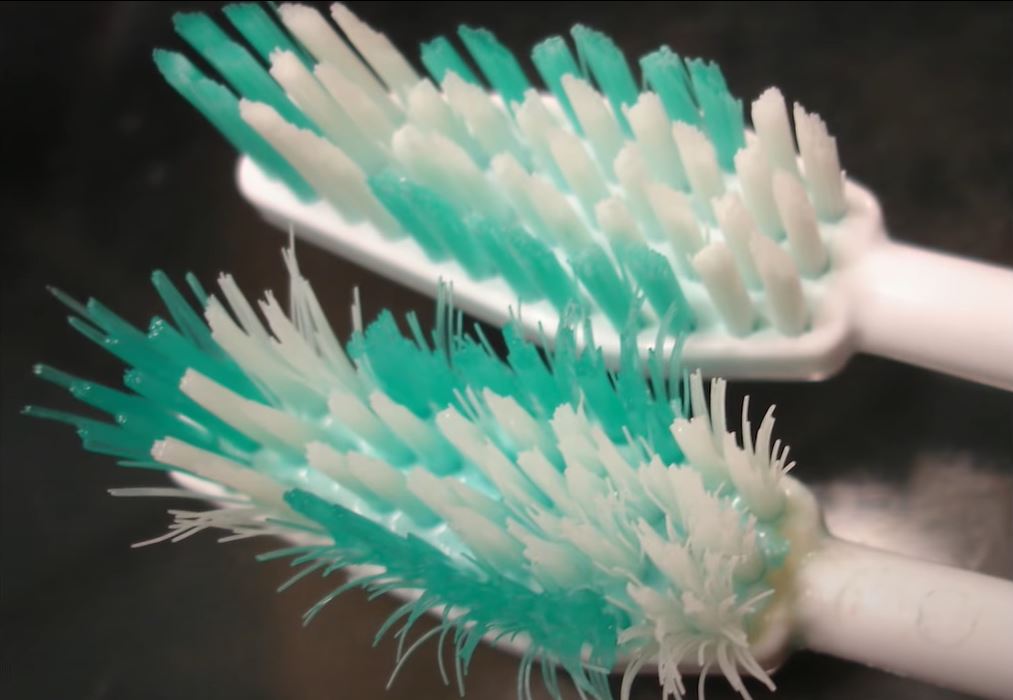
Using an old toothbrush is not a good idea since it will not do an excellent job at cleaning your teeth. Old toothbrushes have frayed bristles, which makes them ineffective. On top of that, food particles and germs build up on the toothbrush over time. So buy a new toothbrush every few months.
Dentists suggest that you discard a toothbrush after using it for three months. Fortunately, toothbrushes are affordable, and you can save money by buying a dental care kit that comes with several toothbrushes.
Not flossing
Flossing helps eliminate plaque and food particles in places your toothbrush cannot reach. And removing plaque can prevent it from hardening. But if it is not removed, it will turn into tartar which is harder to get rid of. Plus unchecked plaque can cause cavities.
The other alternative to flossing is oil pulling. This technique is quite old, and it involves swishing coconut oil, sunflower oil, or sesame oil in your mouth for 15 to 20 minutes. It is known to help loosen plaque, remove bacteria, and boost oral health.
Brush your tongue
The entire mouth is a breeding ground for bacteria. It accumulates on our gums, teeth, and tongue. When you are brushing your teeth, it is also important that you brush your tongue to get rid of any bacteria.
The tongue has far more bacteria than your gums or teeth, and it can transfer to your teeth, causing bad breath and other tooth problems. So make it a habit always to brush your tongue.
To rinse or not to rinse
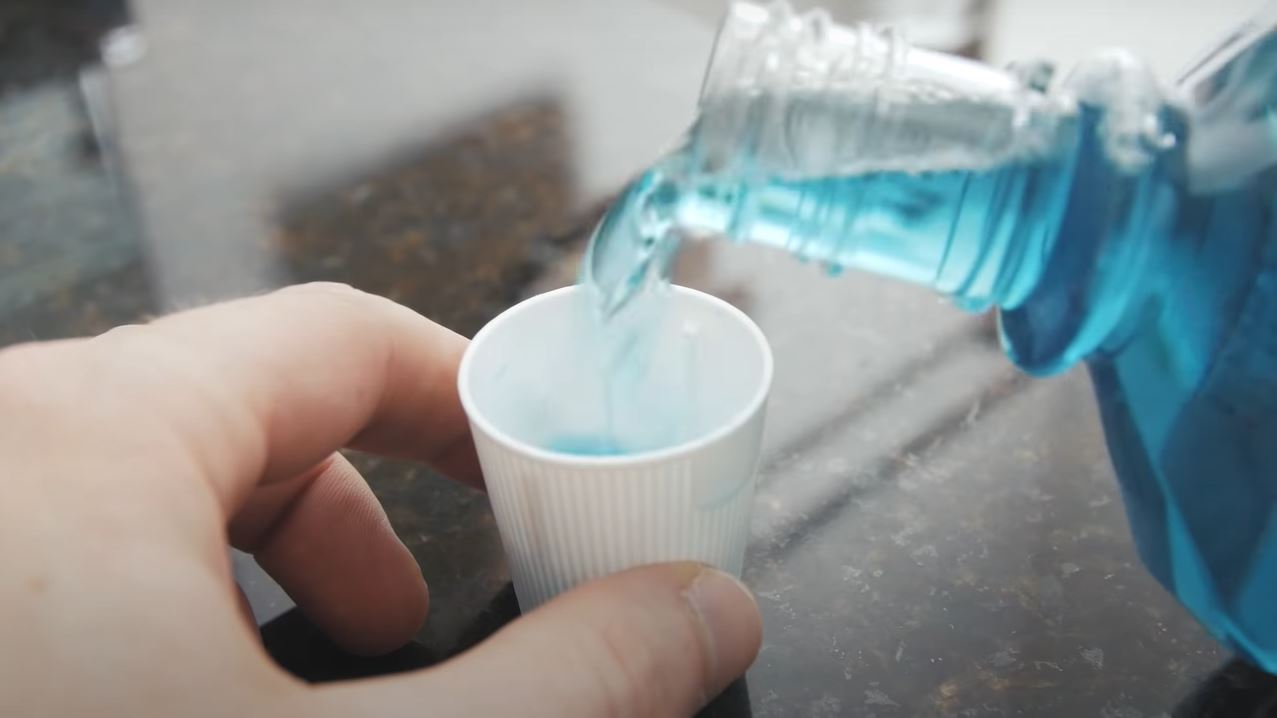
Some people rinse their mouths after brushing their teeth; however, dentists recommend that you don’t. Leaving some toothpaste residue can help the fluoride to work its magic. If you rinse your mouth after brushing, it will wash away.
Brushing just after a meal
A good general rule of thumb when it comes to oral hygiene is to brush your teeth 40 minutes to an hour after eating, particularly after eating acidic foods. Brushing your teeth immediately after can spread the acid to your teeth and gums, causing erosion.
Not rinsing off your toothbrush after brushing
Some people don’t rinse off their toothbrushes after they brush their teeth, which is highly unhygienic. When you brush your teeth, you removing food particles and germs from your mouth. Why would you want that to stay on your toothbrush?
Improper storing of your toothbrush
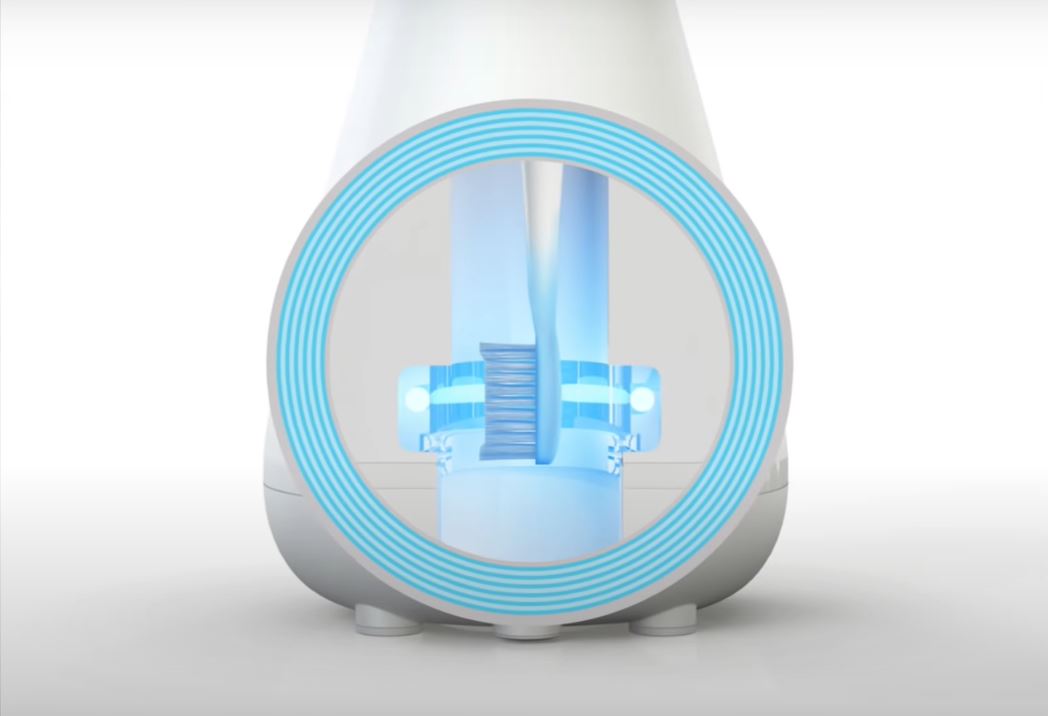
There are proper ways to store your toothbrush, and one of those ways does not include storing it where toilet residue can reach it whenever you flush. Store your toothbrush in your medicine cabinet or buy a toothbrush holder. You can get one with a cover or an inbuilt sanitizer.
Visiting the dentist like never
Some people simply don’t go to have their teeth checked by a dentist. They prefer to self-medicate when they have a tooth problem, which is not advisable. A dentist can identify the root of the problem and offer effective treatment solutions and remedies.
Dentists recommend you get a dental checkup every 6 months if you have dental problems. If you don’t have any dental issues, you can visit your dentist once a year.
